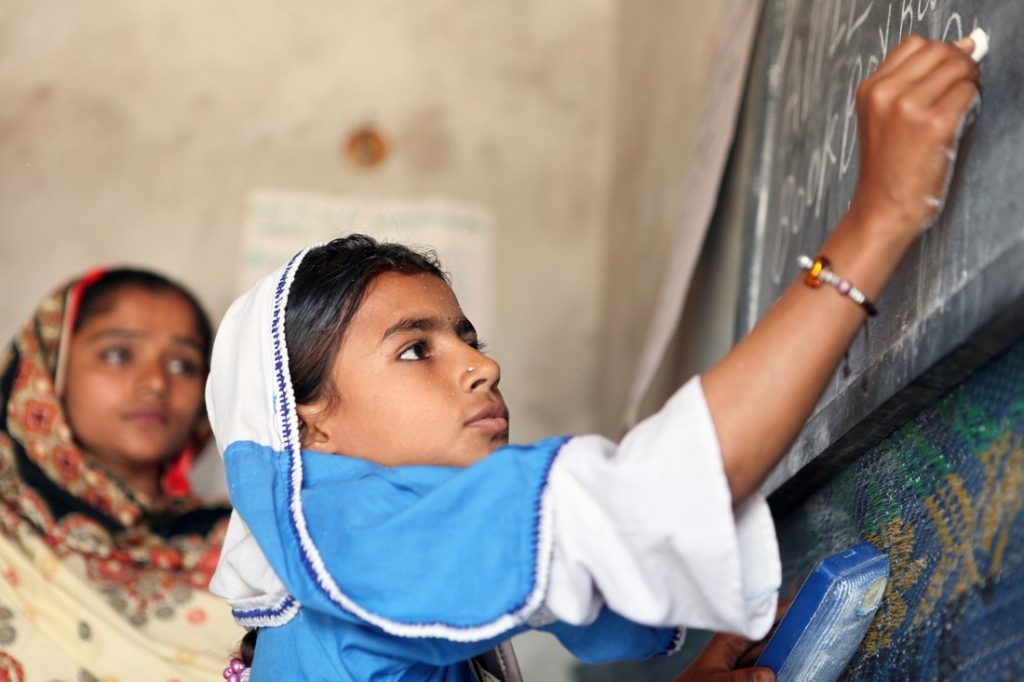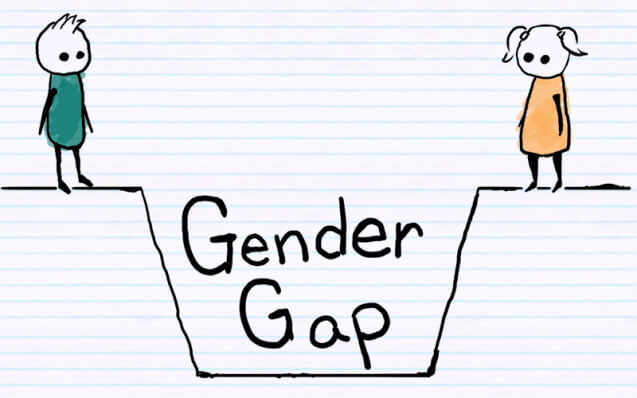By: Monica Burdick Those of us with careers in science, technology, engineering, or mathematics (STEM fields, in today’s common parlance) know the importance of truths revealed by numbers. How can it be, then, that so many people in our numbers-based fields are inured to the deep disappointment I feel regarding statistics on gender disparities in STEM-related jobs? According to 2016 figures from the National Science Board, women make up half of the total U.S. college-educated workforce and only 29 percent of the science and engineering workforce. Though female and male students show no significant differences in their math and science abilities between kindergarten and senior year of high school, somehow only 35 percent of chemists, 17 percent of industrial engineers, 11 percent of physicists and astronomers, and 8 percent of mechanical engineers are women. These imbalances ought to provoke outrage in their own right—or, at the very least, an…







